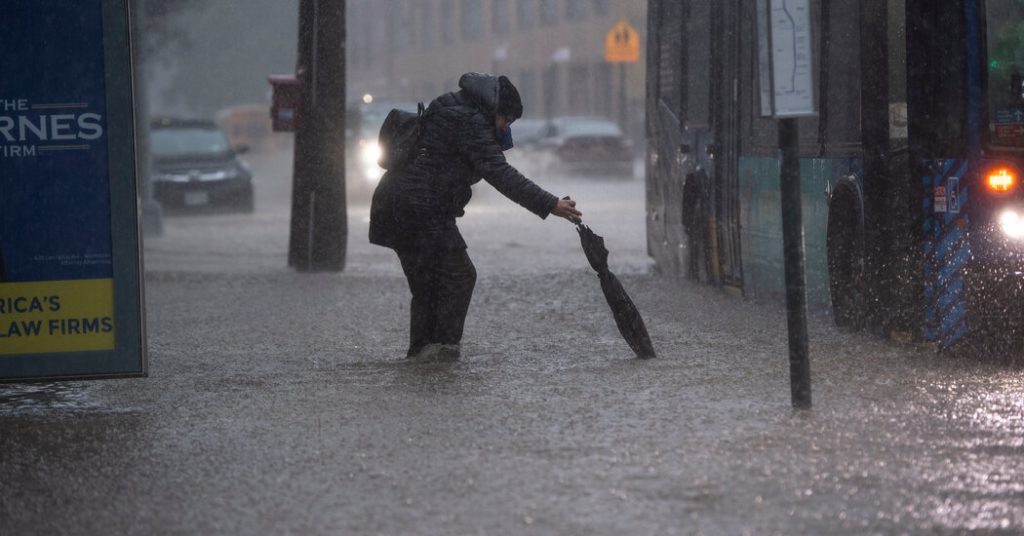Mayor Eric Adams of New York City has decided to use a controversial funding mechanism in order to pay for city services in the face of limited funds and rising costs. The city plans to charge its own Water Board over $1.4 billion in rent over four years to lease its water and sewer systems. This will result in an 8.5% increase in rates for homeowners and landlords, the highest rate hike in 14 years. Critics argue that this funding gimmick, which had been discarded in 2017, is essentially a hidden tax on New Yorkers, extracting money from them without raising property or sales taxes.
While Mayor Adams insists that his budget contains no tax increases, critics argue that the higher water rates will ultimately be passed down to renters, making it a regressive tax that disproportionately affects low-income New Yorkers. The increased rates amount to an additional $93 per year for homeowners, which may be a significant burden for those with limited income. Additionally, some of the revenue from the increased rates may go towards financing projects unrelated to water and sewer systems, further complicating the issue.
The Water Board was created in the mid-1980s to establish a reliable revenue source for the city’s water and sewer systems. However, with the majority of outstanding debt related to these systems already retired, critics argue that the justification for rental payments no longer holds. The city’s Department of Environmental Protection is focused on making the water and sewer systems resilient to climate change, as the city faces the threat of increased storm surges and extreme weather events in the coming years.
The decision to reinstitute rental payments for the Water Board comes at a time when New York City is facing significant climate challenges, with the potential for increased storm surges and heavy rainfall. Critics argue that diverting funds from critical water and sewer infrastructure projects to pay for rental charges is shortsighted and puts the city at risk for critical breakdowns. The city comptroller has also raised concerns about the lack of flood preparedness in New York City, particularly in light of recent flash floods that resulted in several deaths.
City officials, including Donovan Richards, former chair of the environmental protection committee in the City Council, have expressed concern about the potential impact of the increased rental charges on the city’s ability to respond to extreme weather events. As the city faces a growing need for climate resilience measures, critics argue that diverting funds from essential water and sewer infrastructure projects to pay for rent charges is a misguided approach that may ultimately leave the city more vulnerable in the face of climate change.


